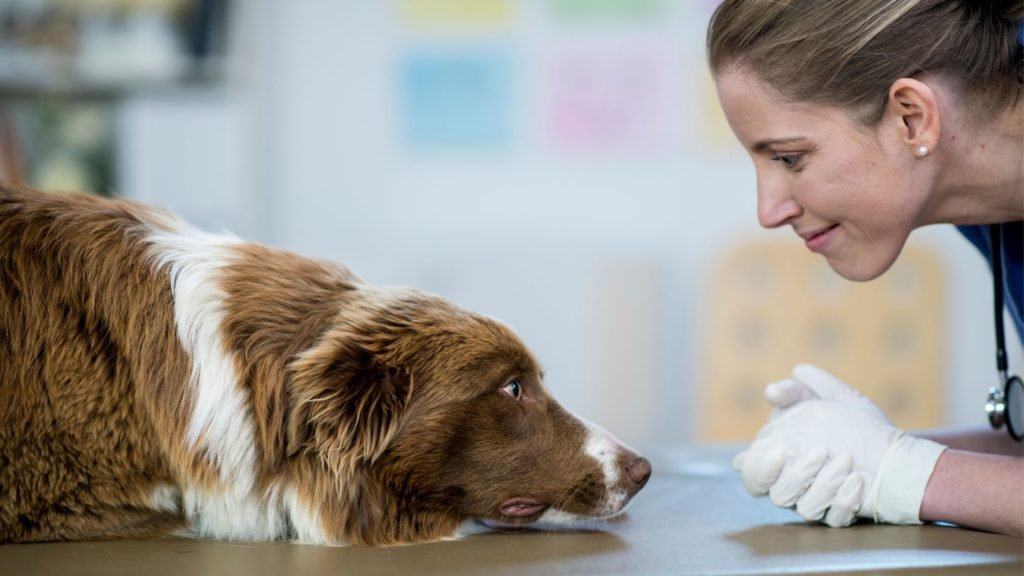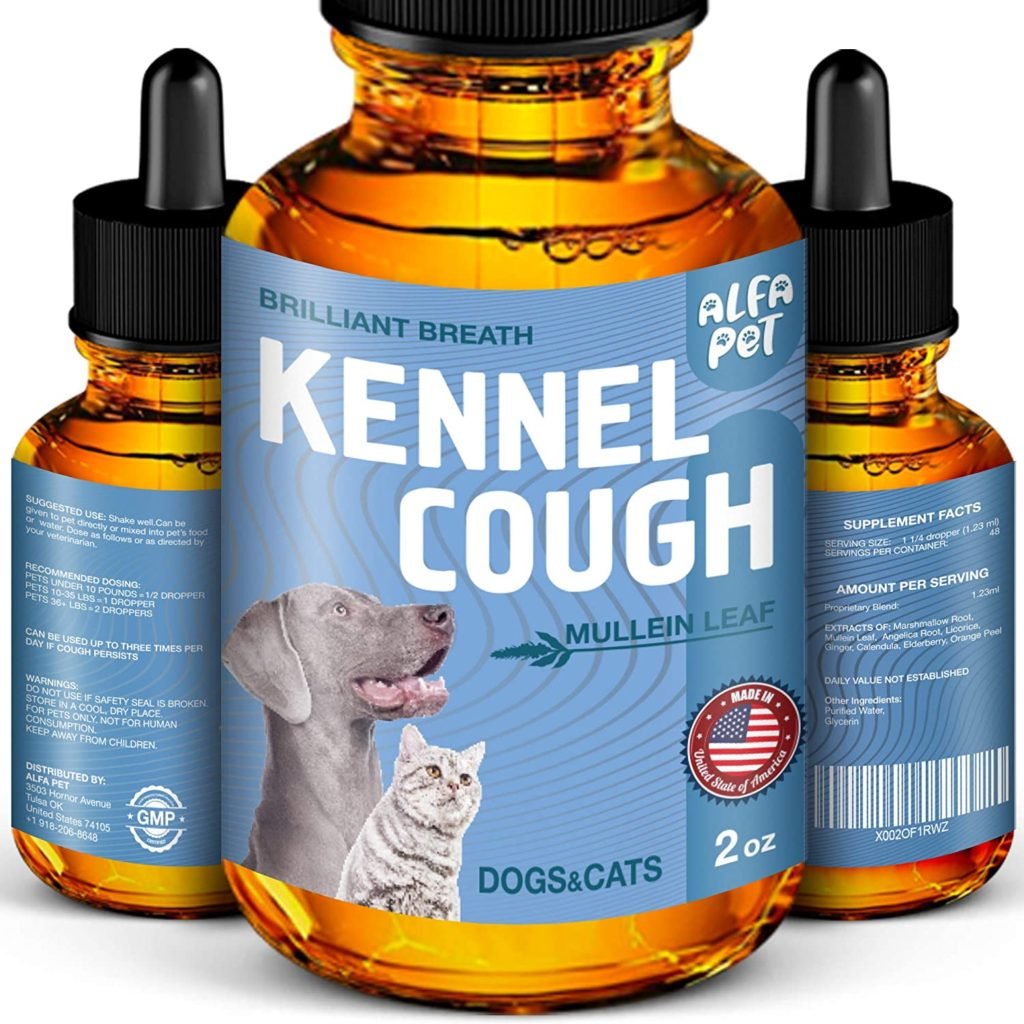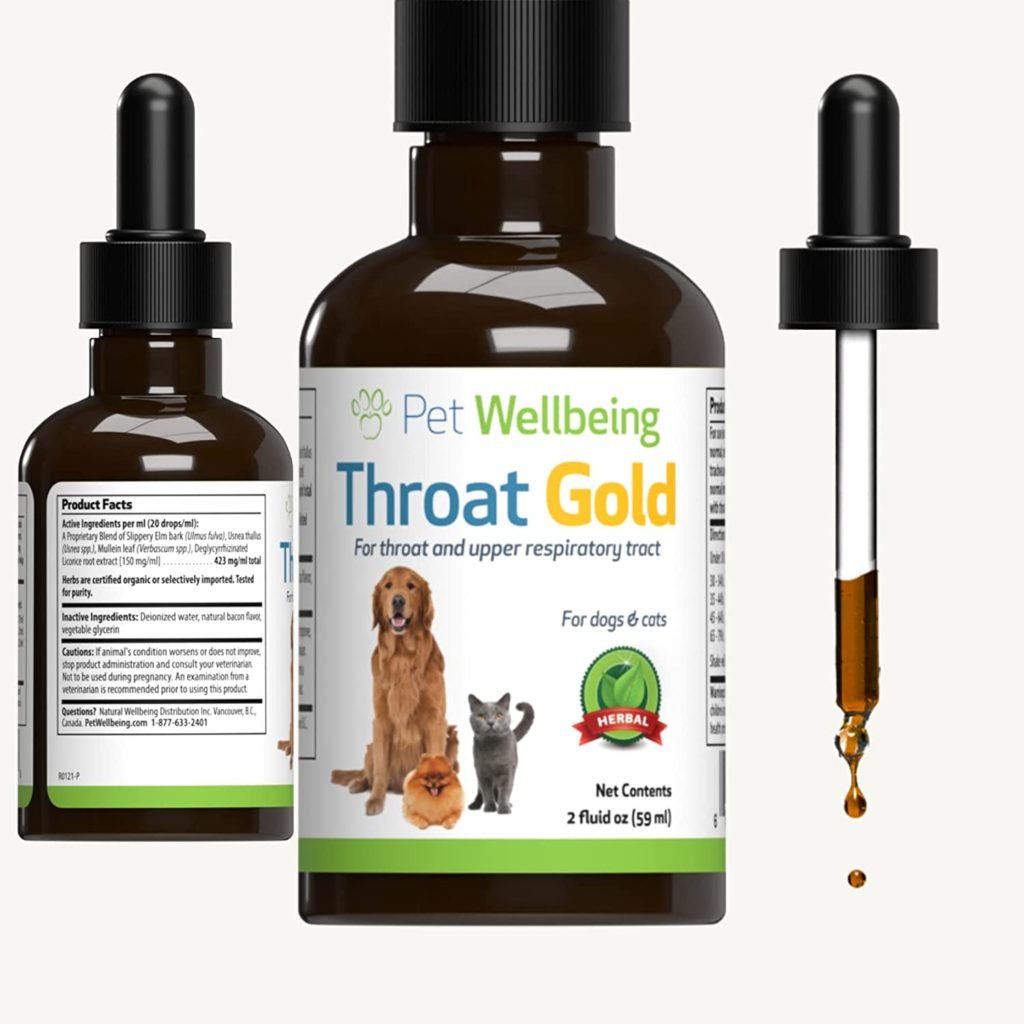Bordetella is a contagious bacterial disease can spread in dogs that through contact with infected animals. Learn about the signs, diagnoses, and treatment for Bordetella in dogs and how to prevent its spread.
Did you know viruses, bacteria, and fungi may infect your dog?
Immune function starts the disease. Puppy infections are more likely. Adult, healthy dogs have a better immune system. Even with adequate care, viruses can overwhelm the immune system. Bordetella Bronchiectasis in dogs is a deadly bacteria.
What is Bordetella?
Bordetella refers to a group of 3 pathogenic bacteria:
- Bordetella Pertussis
- Bordetella Parapertussis
- Bordetella Bronchiseptica
Bacteria affect humans and animals. Bordetella Bronchiseptica affects sheep and dogs. This bacterium causes kennel cough in dogs but rarely in humans. Kennel cough is highly contagious and spreads quickly in kennels and daycares. Kennel cough is caused by Bordetella Bronchiseptica, Parainfluenza, and Adenovirus type 2. Bordetella causes coughing in healthy dogs but severe illness in puppies.
Understand that Bordetella Bronchiseptica can affect humans and animals. Kennel cough, a highly contagious disease in dogs, is caused by this bacterium. Although rare in humans, this bacterium is dangerous and should be prevented.
You May Also Interest: All You Need to Know About Brucellosis in Dogs
Symptoms of Bordetella infection in dogs
The Bordetella bacteria causes an infectious canine tracheobronchitis called kennel cough. When a dog gets this pathogen, a manifestation occurs and mainly affects the respiratory system. We can observe the following symptoms in the sick dog:
Persistent coughing
Gagging vomiting
Loss of appetite
Fever
Lethargy
Expulsion of mucus from the respiratory tract
If any of these signs are present, we must take action. In this case, prompt veterinarian care for the dog in question is crucial. Also essential is isolating the sick dog from the rest of the pack. The germs might swiftly spread if not contained.
You May Also Interest: A Comprehensive Guide to Understanding and Treating Lyme Disease in Dogs
Treatment of Bordetella in dogs
During treatment, the dog should remain isolated. The treatment will be done with antibiotics to combat the colonization of bacteria and anti-inflammatory medications that will help to reduce the inflamed tissues of the respiratory tract. Proper hydration and nutrition are also essential factors for the effective treatment of Bordetella and for the dog to recover without any inconvenience.
Canine vaccine against Bordetella

From three weeks of life, a puppy can be vaccinated against Bordetella. However, the distribution of this vaccine is less widespread, and, in some countries, it may not be available. The vaccine can be administered subcutaneously or nasally, and the vet will advise you about the best option for your dog. The renewal of this vaccine is annual or semi-annual in the case of some adult dogs, and not all dogs need it, especially when our pet is going to live with many other dogs. This article is for informational purposes only. At imapetlover.com, we do not have the authority to prescribe veterinary treatments or perform any diagnosis. We invite you to take your pet to the vet if it presents any condition or discomfort.
Recommended Products
You May Also Interest: Rabies in dogs: The Silent Killer, learn how to protect your best friend.
FAQ about Bordetella in dogs
Who is at risk for Bordetella?
Puppies, ill dogs, and dogs living in crowded surroundings, such as kennels or daycares, are more susceptible to catching Bordetella.
Can Bordetella infect humans?
Bordetella bacteria are capable of infecting people. However, Bordetella Bronchiectasis is uncommon in humans.
How is Bordetella diagnosed?
Clinical symptoms, positive results on laboratory testing, and the elimination of other potential causes all contribute to the diagnosis of Bordetella.
Is it necessary to vaccinate my dog against Bordetella if he never goes to a kennel?
The Bordetella vaccination is unnecessary for all dogs, especially those that rarely interact with other dogs. It would be best to talk to your vet about your dog’s lifestyle and any worries you have to identify the best approach.
How long does it take for my dog to recover from Bordetella?
When a dog contracts Bordetella, the length of time it takes to recover might vary widely based on the severity of the illness and the dog’s general health. Some cases are mild and clear up in a week or two, while others might go on for months.
Is Bordetella fatal for dogs?
While Bordetella can cause life-threatening respiratory infections, healthy adult dogs usually recover quickly. However, complications and deaths are more likely in pups, old dogs, and dogs with preexisting health concerns.
Can Bordetella come back once my dog has recovered?
Certain dogs, especially those with preexisting disorders that make them more sensitive to respiratory infections, are at risk for developing recurrent or chronic Bordetella infections.
How much is the cost of the Bordetella vaccine for dogs?
The cost of Bordetella vaccine for dogs can vary depending on many factors, such as the location, the vet clinic, and the vaccine brand. A typical price for the vaccine might be between $25 to $45 per dose. However, some clinics charge more or less than this. It is also essential to remember that the price of the vaccine is just one part of the cost of vaccination, as there will also be an examination fee by a veterinarian, which can range depending on the clinic. Some vet offices might charge you an additional cost for administering the vaccine.



